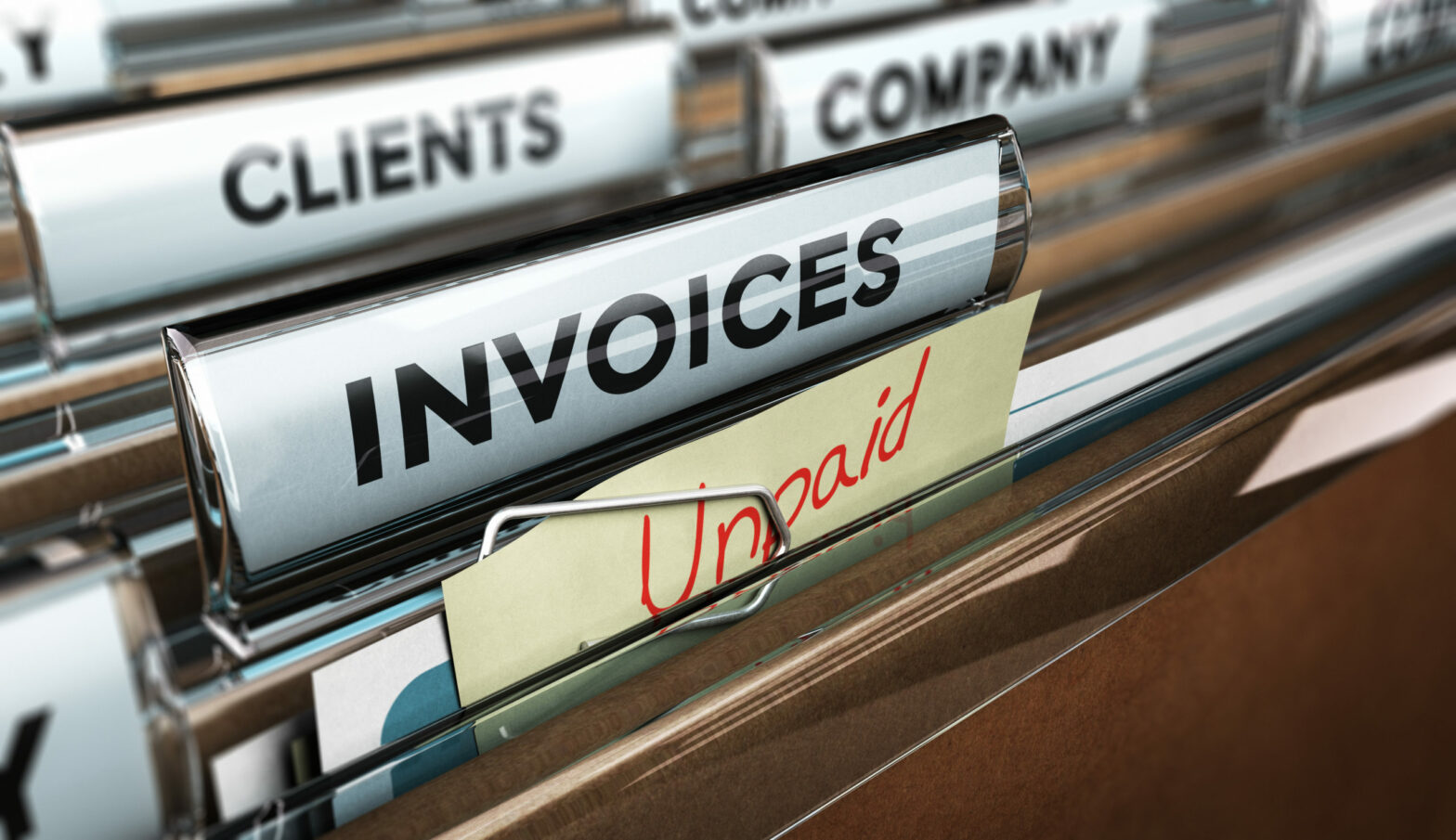Incredibly, many small businesses are unwilling to chase bad debt. Research has shown that the majority of those firms who are reluctant to pursue debtors are so because they find the process “uncomfortable” or “afraid of antagonising” their customers. It is estimated that over a third of UK SMEs write off thousands of pounds of bad debt each year. Well, we at smallbusiness.co.uk say that up with this you should not put. Check out the chasing payment tips below and get back the money that is rightfully yours.
1. Make sure your credit terms are known to your customer. The best way is to print them clearly on the invoice.
2. As soon as your customer has overstepped the mark and the bill is overdue, ask for the money you are owed. This should be done politely in writing, preferably by fax, with a follow-up in the post.
3. If there is no reply within seven days, check that the details of the invoice are correct and that you have quoted all the information the customer needs to identify it, for example, the customer’s own reference.
4. Fax again. Follow up with a letter sent by recorded delivery.
5. No reply within seven days? Make a phone call to find out what the problem is. Do not assume that the customer has no money; there may be queries on the account or other problems. Find out the apparent reason for the non-payment.
6. Use the phone call to find out if the customer has a weekly or monthly cheque run and find out the day this is done.
7. Still no payment? Keep ringing and especially two or three days before the cheque run. Try to extract a promise of payment.
8. Keep the pressure up. Do not pester and then drop for a few weeks; all your previous chasing is undone. Keep up a steady and persistent guerrilla warfare.
9. If the customer is always out or in a meeting when you telephone, and you suspect this is due to a desire not to speak to you, try pretending to be someone else who you are sure your customer will want to speak to. If you deal with an accountant or bookkeeper, try speaking to the managing director of the customer’s business.
10. Try different times of the day and the week: lunchtime is not usually a good time, but first thing Monday morning can be effective.
11. When you eventually manage to speak to the person you want, if he or she says, ‘I’ll chase it up and see what has happened,’ say you will keep holding until they do.
12. If the customer says, ‘The cheque has been posted,’ ask for the date this was done, whether it went first- or second-class, how much the cheque was for and what the cheque number is.
13. If the cheque does not arrive, go to collect the money in person; this is what the HMRC does. Get the cheque cashed as soon as possible, so that it cannot be stopped.
14. Check all the details of the cheque: your name, the amount, the date and the signature.
15. If all the previous steps have failed, send a formal letter preferably from your solicitor, either threatening to take legal action to recover the debt or to start bankruptcy or winding-up proceedings or threatening to use a debt-collection agency. Keep the threat.
16. Consider using an agency.
17. Consider issuing a writ for the debt or consider starting bankruptcy proceedings against an individual or winding-up proceedings against a company. Consider using the small claims court. Ask your solicitor’s advice.





